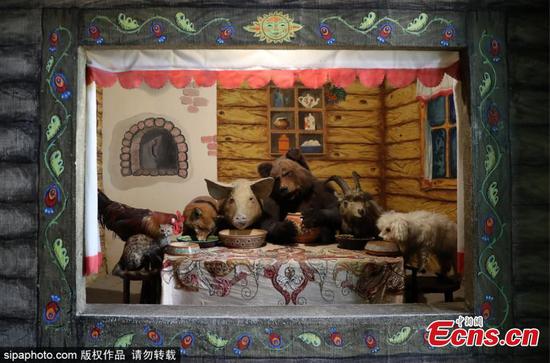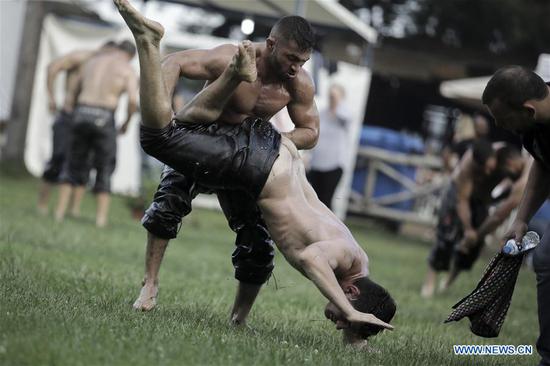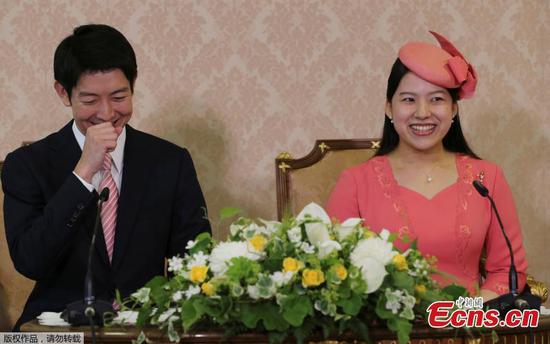(ECNS) - Authorities in a southwestern county have defended their controversial decision to regulate private feasts, saying it came in response to a call from villagers.
The Steering Committee for the Building of Spiritual Civilization in Tianzhu County, Guizhou Province, has ordered that private banquets except for weddings and funerals are regarded as against the rules.
It also stipulated that couples should not host a feast to celebrate the resumption of their marriage, but if it is the first time for one party to marry, he or she can arrange a feast, but not the other party if they were previously married.
According to the new rules, a wedding banquet cannot exceed 20 tables, each with at most 10 guests, or 30 tables if the two parties hold the banquet at the same time. It also forbids the same person to hold a banquet near a road or at separate locations.
In addition, individuals planning to host a feast for a marriage or funeral need to apply 15 days before with their ID card or household registration file.
Zhu Lijia, a professor at the Chinese Academy of Governance, called the county’s move "ridiculous," saying the local government must follow the basic customs of the people and refrain from too much intervention.
Chen Shouzhen, director of the committee, defended the policy, saying it was introduced after in-depth research in the countryside and listening to the opinions of the people.
“The overwhelming majority of citizens believe that there are too many feasts in various names in rural areas, and migrant workers have to spend a lot of money sending gifts to these feasts,” said Chen, adding the government has been called on to promote frugality and reduce the burden of the people.
Many cities and counties in Guizhou have issued similar regulations covering private banquets since 2016, including Qiandongnan Miao and Dong Autonomous Prefecture and Anshun City, reported Southern Metropolis Daily.
The inland province is known for its endless feasts to mark various occasions, ranging from marriages to children turning one month old as well as celebrating university admission, joining the army, moving to a new house, car purchases and funerals, according to local residents.
In some places, people over the age of 30 start hosting a longevity feast, which is seen by some as a means to solicit gift money. A common saying states “If you don't organize a feast for three years, you will die,” meaning a family will go bankrupt without hosting a feast in that period, said the report.


















































